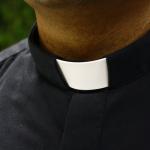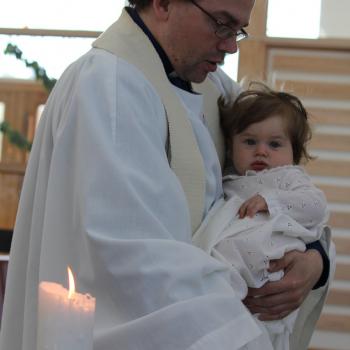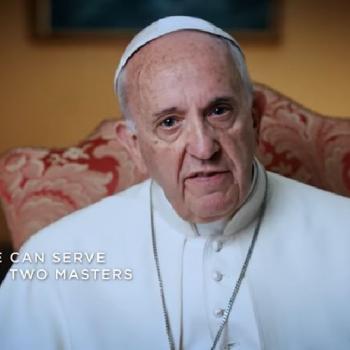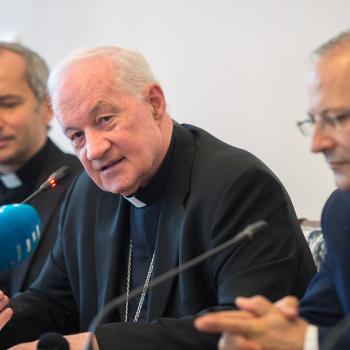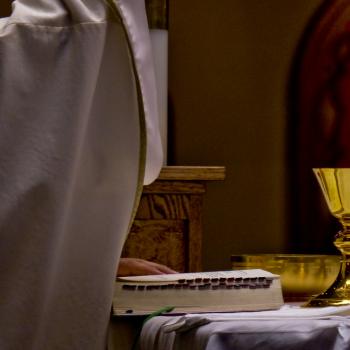Breaking news this Thursday afternoon from Catalonia as a Spanish High Court judge orders the Catalonian deputy premier, Oriol Junqueras, and seven other ministers of the regional cabinet be taken into pre-trial custody, in the wake of the Catalonian declaration of independence last Friday. I don’t usually agree with much in the Catholic Herald, but today – knowing that there are now political prisoners in the country I’ve called home for the past seven years – I make my own the cry of Fr. Alexander Lucie-Smith: that on the Catalonian crisis, “the Church needs to speak out – and fast”.
Lucie-Smith writes in an article this Wednesday:
Difficult as it is, the Church does have to say something about the Catalan situation. First of all, not to say anything for fear of offending one side or another looks like cowardice, and would lead to the Church losing credibility. Secondly, many of the faithful may be confused, and may want guidance from their pastors. Their pastors are obliged to give it to them.
But what “guidance” must pastors give the faithful in the face of a situation that looks more and more every day like an episode from the Franco dictatorship? Lucie-Smith suggests three points:
– … if there is a clear majority for independence in Catalonia… [then the central government] would have to concede Catalan independence
– independence is not per se preferable to the current state of “interdependence”, and that the status quo may be far more in keeping with the common good than independence
– the Spanish identity of Catalonia, which is dear to many, is not to be demonised
The first of Lucie-Smith’s points is obvious to all observers, and will be decided, at any rate, in the regional elections Prime Minister Mariano Rajoy has called for December 21. The other two are points the Spanish bishops have already addressed (see my posts here and here). But what is of particular concern now is that the equation has completely changed with the jailing of Junqueras and his seven fellow consellers. Now the Church absolutely must say something, because the fact that men and women are in jail in Spain for “political motives” and manifestly unfair judicial proceedings (to borrow from the definition of “political prisoner” of the Parliamentary Assembly of the Council of Europe: government meddling with the justice system would take at least another entry to unravel) – and with scant regard for fundamental freedoms such as their right to freedom of conscience or association – then the Church cannot and must not abide it.
The news of the jailing today of the Catalan authorities coincides with the release of a new Catalan Center of Opinion Studies (CEO) poll that reveals that the Catalans give the Church a mark of 2.5 out of 10, based on a survey of 1.500 people in the last fortnight of October. 43% of those surveyed give the Church a score of 0, another 21% rate it between 1 and 3, and only 28% give it a mark of five or above.
But breaking it down a little bit more, the same survey also reveals that the reason why Catalans rate the Church so poorly is because its supposedly “neutral” message of “dialog and reconciliation” is convincing absolutely no one on either side of the debate, much less providing them with any “guidance”. 44% of people in favor of independence give the Church a 0 in the CEO poll, compared to 41.5% who do the same on the other side of the divide. Only 29,5% of those who think Catalonia should remain a part of Spain – the Church’s key demographic – give the institution a 5 or above.
Will the jailing of the Catalonian political prisoners give the Church the push it needs to come out of its shyness – and its pretension to neutrality – in the independence debate? Eight words come immediately to mind: “I was in prison, and you visited me”.


